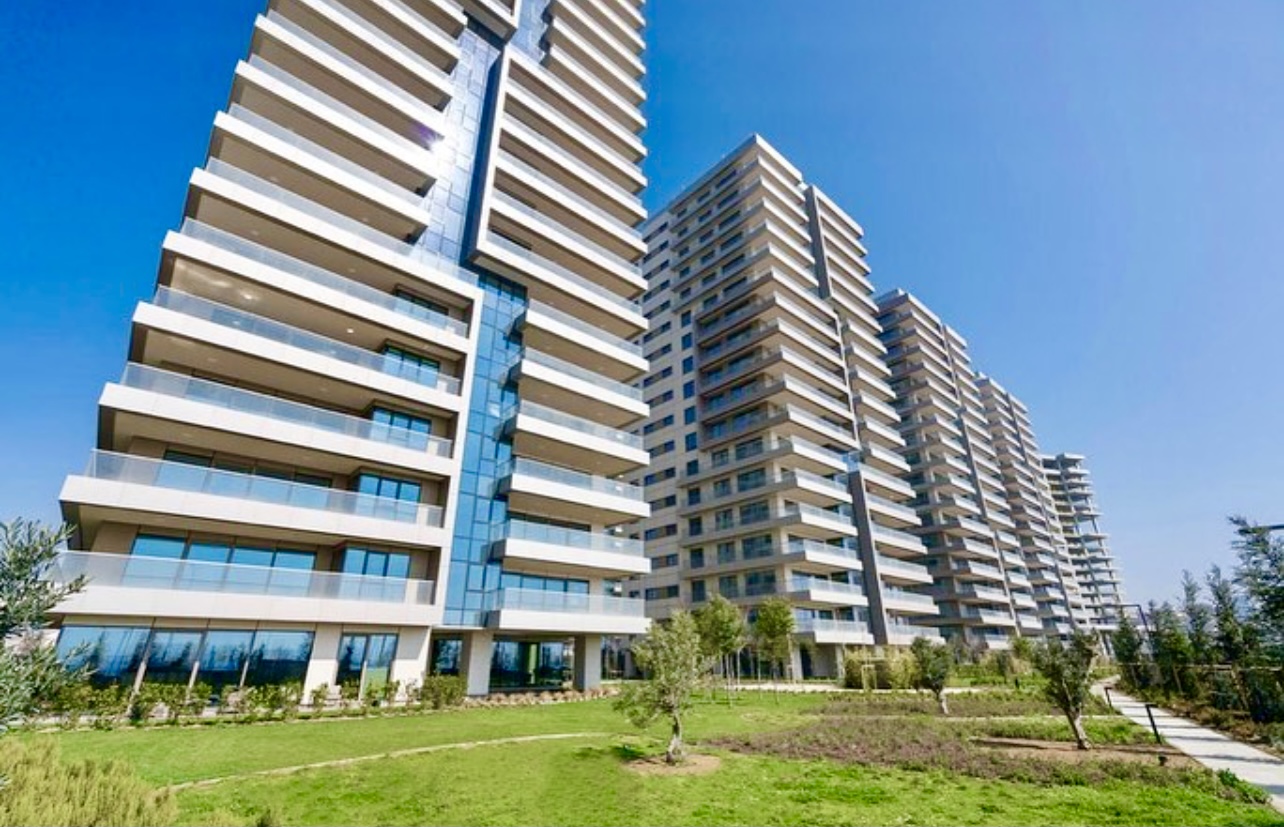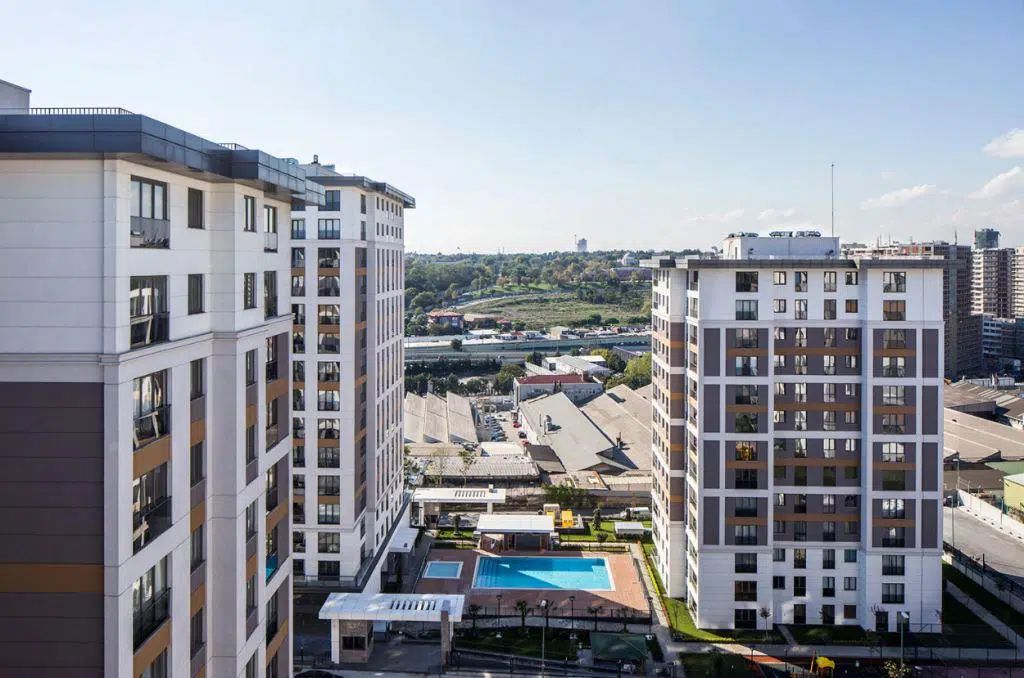Is Turkey cheap to rent an apartment long term?

Turkey can offer attractive opportunities for long-term apartment rentals with a balance of affordability and quality, though this can vary significantly depending on the region. Cities like Istanbul, Ankara, and Izmir may have higher rental costs compared to smaller towns and rural areas. Generally, outside major urban centers, rental prices tend to be more budget-friendly. Factors such as the neighborhood, apartment size, amenities, and proximity to transportation hubs influence pricing. Additionally, economic conditions and fluctuations in the real estate market can impact rental costs. Overall, while Turkey can provide relatively inexpensive options for long-term apartment rentals, it’s advisable to research specific locations thoroughly to find the best value for your budget and preferences.
Turkey, with its rich history, stunning landscapes, and vibrant culture, has become an increasingly popular destination for expatriates and digital nomads seeking adventure and opportunity. Among the many factors that attract people to Turkey is its reputation for affordability, including the cost of long-term apartment rentals. If you’re considering making Turkey your home for an extended period, here’s what you need to know about the affordability of renting an apartment long term in this captivating country.
One of the most appealing aspects of living in Turkey is its relatively low cost of living compared to many Western countries. From groceries and transportation to dining out and entertainment, expatriates often find that their money stretches further in Turkey, allowing them to enjoy a comfortable lifestyle without breaking the bank.
Rental prices for apartments in Turkey vary depending on factors such as location, size, and amenities. In major cities like Istanbul, Ankara, and Izmir, rental prices tend to be higher, especially in popular neighborhoods and central areas. However, compared to many European cities, the cost of renting an apartment in Turkey remains competitive, making it an attractive option for long-term residents.
Turkey’s diverse geography and regional differences also impact rental prices. Coastal cities and resort towns often command higher rents due to their popularity among tourists and expatriates. Meanwhile, smaller cities and rural areas typically offer more affordable housing options, making them ideal for those seeking a quieter lifestyle or looking to save on living expenses.

When renting an apartment long term in Turkey, it’s essential to consider the amenities and facilities included in the rental property. While some apartments may come fully furnished with modern conveniences, others may require tenants to furnish them themselves. Additionally, amenities such as central heating, air conditioning, and access to communal facilities like gyms and swimming pools can impact rental prices.
Like in many countries, there may be opportunities to negotiate rental prices in Turkey, especially for long-term leases. Landlords may be open to offering discounts or incentives to tenants who are willing to commit to a more extended rental period, pay upfront, or sign a lease with favorable terms.
Overall, Turkey’s reputation as an affordable destination extends to expatriates and long-term residents. With a wide range of housing options available at varying price points, coupled with the country’s low cost of living, many expatriates find that renting an apartment long term in Turkey is both financially viable and rewarding.
Is it More Profitable to Buy or Rent a House?

There are many advantages and disadvantages to both buying and renting a house. Buying a home is a long-term investment, but it can be a burden if you’re not on a budget. If you are going to take out a housing loan and its monthly payments are over your budget, this will also create problems for you.
On the other hand, when you are a tenant, if you have a problem with the house or if you want to move in line with your needs, you can do this easily. However, all of your rent payments go to the landlord, not the landlord.
The Advantages of Buying a House
- Your monthly payments do not go into the pocket of the landlord, you pay a loan to own your home.
- At the end of the mortgage loan, you become the owner of the house and you get rid of the hassle of thinking about the rent every month!
- You can make a profit if house prices rise.
- You can live by your own rules without the owner’s permission (For example, having a pet.)
- You can decorate your house or garden according to your own liking and you do not have to get permission for this.
- The changes you make can increase the value of your home.
- Buying a home can sometimes be cheaper than renting.
Disadvantages of Buying a House
- Costs such as mortgage interest, monthly payments and taxes can be more expensive than renting.
- You may have to pay for all costs such as home maintenance and repairs.
- If you have to sell your house, the length of this process may tire you out.
- Moving to a smaller, cheaper home can take a long time if your household costs increase.
- If things don’t go as you expected and you have trouble paying off your mortgage, you could lose your home.

